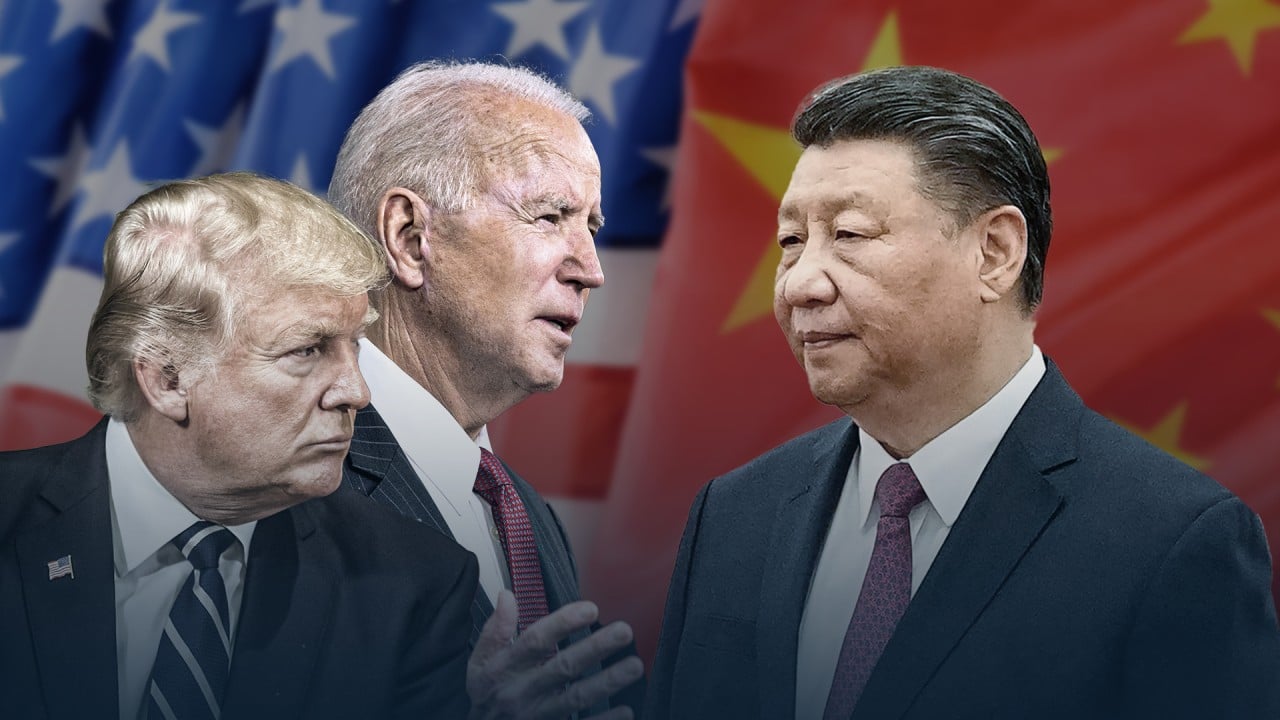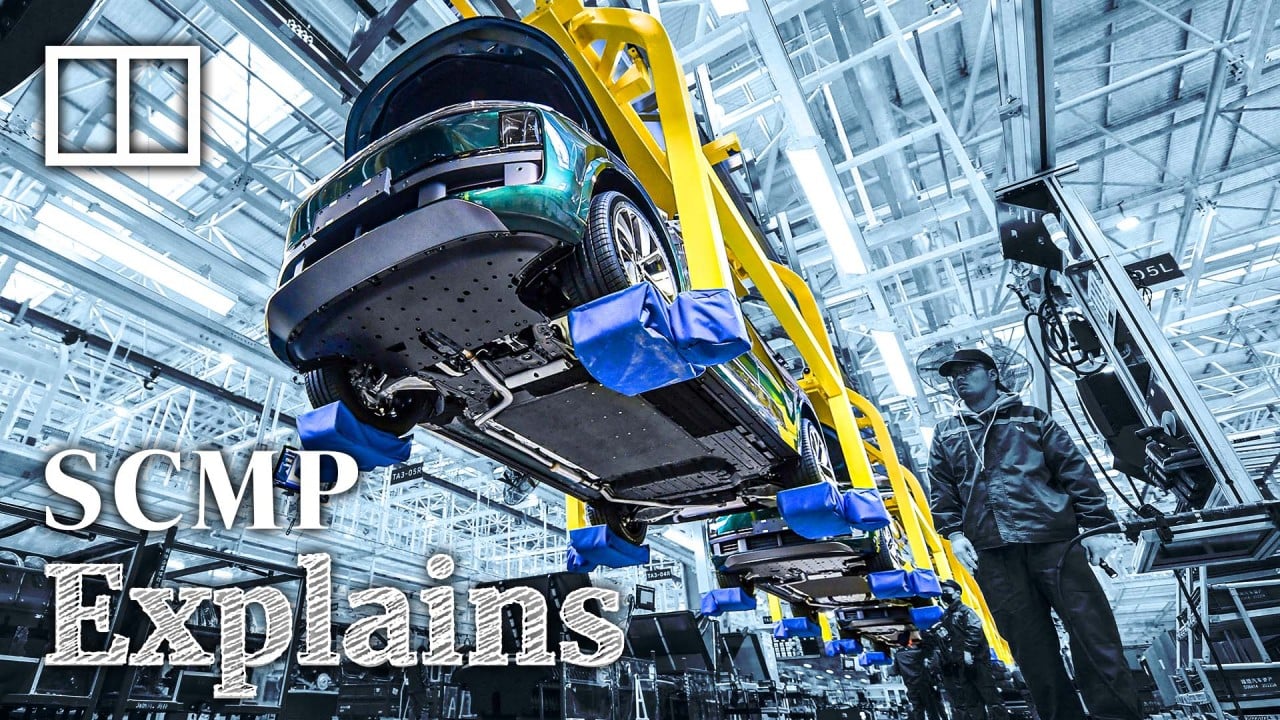However the technique of utilizing import tariffs to safeguard home jobs is each costly and unsustainable. From 2018-2023, US manufacturing employment noticed a modest enhance of three.4 per cent. “Made in America” created jobs however every one arguably value the taxpayer lots of of hundreds of {dollars}.
Supported by cheap, state-directed loans, Chinese language firms are flooding international markets with merchandise they can’t promote domestically. In January, China lowered its export costs by greater than 8 per cent and elevated its exports by greater than 15 per cent yr on yr.
Concurrently, growing economies equivalent to Brazil, India, Mexico and Indonesia are apprehensive that the inflow of low-cost Chinese language imports of commodities equivalent to metal and chemical compounds may jeopardise their home industries. To guard these sectors, nations are additionally taking a look at import tariffs on numerous Chinese language commodities.
However criticising China for capitalising on its manufacturing benefits to provide competitively priced exports goes towards the rules of free commerce.
The actual cause for US, EU gripes about Chinese language overcapacity
The actual cause for US, EU gripes about Chinese language overcapacity
Attributable to its decrease labour prices, economies of scale, an environment friendly manufacturing system and authorities subsidies, China has developed the aptitude to provide high-quality merchandise at a low value. Consequently, China views the complaints concerning the so-called China Shock 2.0 as hypocritical.
Commerce boundaries are a type of protectionism that may result in financial stagnation. A extra constructive method can be for the US and China to foster a extra open and collaborative relationship, to advertise honest and environment friendly commerce.
Christopher Tang is a distinguished professor on the UCLA Anderson College of Administration



